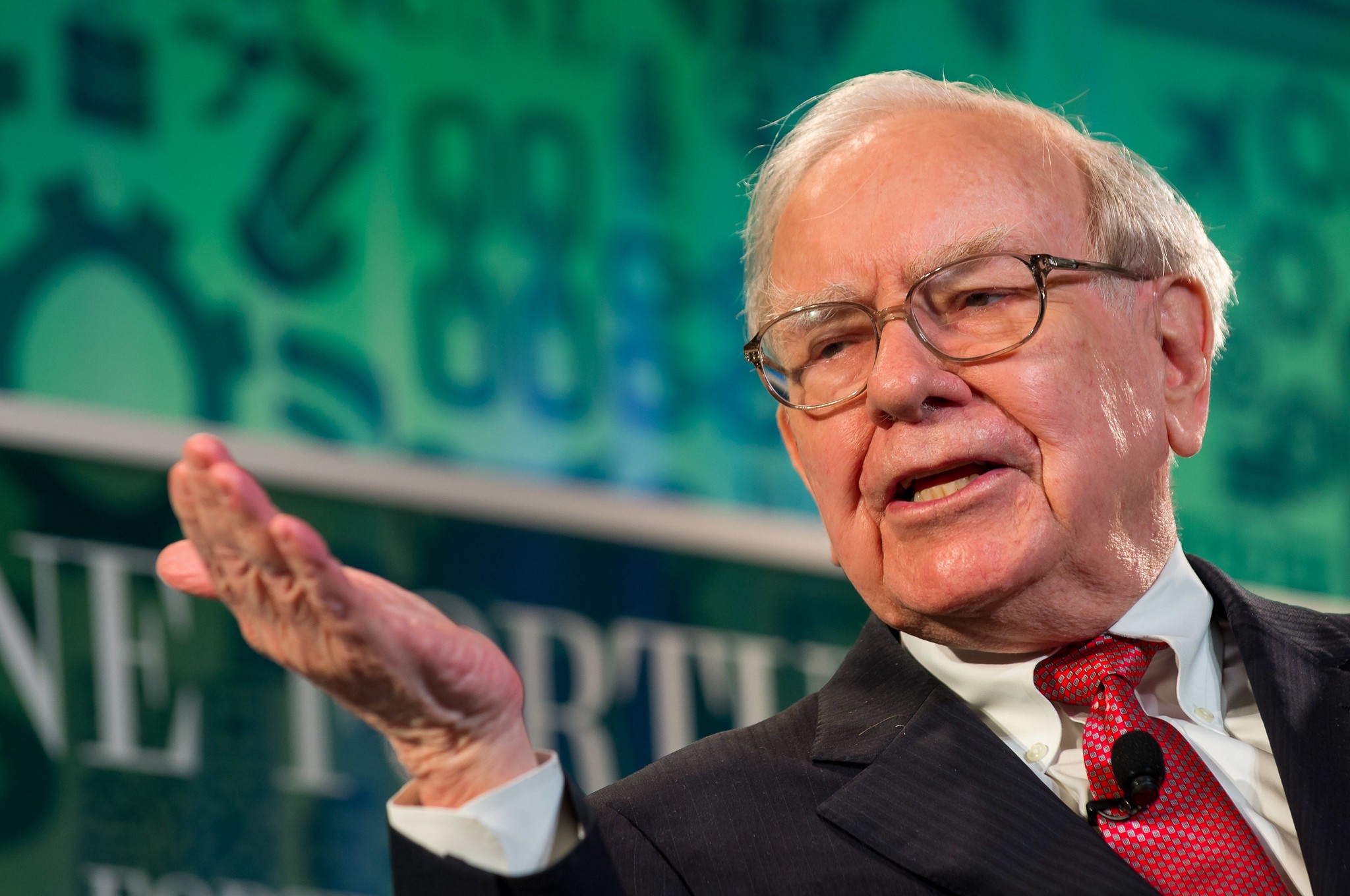One of the effects on Coronavirus has been to crash the entire stock market only to see it recover strongly.
However, the impact of Coronavirus for the private investor and retail trader has been huge.
Social media has contributed to market inefficiency

It is a widely held view that the internet has created a more effective and efficient market. That is true to an extent. The days where Warren Buffett and friends who sit down and do the sums and find things that nobody else knew because nobody else could be bothered to do the work are over.
Not because people can now be bothered to do the work. But the internet and specialised products, like SharePad, have reduced the amount of effort to find these stocks. The moat is gone, and anyone can now run filters on stocks that are trading below their book value.
Social media has increased the amount of information in stocks. But it has also increased the amount of noise.

This means that we hear all sorts of rumours on a daily basis. Every day there is a new reason to sell. Stocks entering bubble territory, stocks crashing, oil going up, oil going down, Trump winning, Trump losing.. the list of reasons to sell are endless.
Many private investors don’t use fully regulated investment managers or financial advisors. Personally, I see this as a good thing. Most fund managers fail to beat their respective benchmark, yet they still enjoy the juicy management fees that come with this.
To me this seems wrong, but then what’s the alternative? Only allow fund managers to earn if they beat their benchmark? All that happens then is the fund manager is incentivised to take on more risk in order to outperform. Clearly, this is necessary as risk and reward are (generally) linked, but it may incentivise the fund manager to take on excessive risk as they know they won’t get paid if they underperform.
The idea of stable fees means that the fund manager doesn’t need to do this, but then they’re also paid for failure. In any other industry this wouldn’t be tolerated, and it is my opinion that if private investors don’t want to pick their own stocks they should invest in passive stock market tracker funds.
The flip side of not using funds or financial advisors is that private investors are prone to making decisions based on friends, social media, and even the news.
I saw an incredulous tweet recently, suggesting that Tesla’s stock split was great because it now allowed the average investor to get involved. Naturally, I didn’t comment that if the average investor can’t afford a share they shouldn’t be buying it, because getting into an argument on the internet is pointless and one big waste of time. But seriously – if you’re hearing something on the news, the chances are you’ve missed the move.
Social media has increased the noise, and contributed to market inefficiency.
What can we do about this?
I find Twitter to be a helpful tool in trading, so long as it is utilised properly. There are some incredibly smart people on the platform, who offer their insights for free. But it is also used to pump stocks and spread misinformation – although I believe this has now moved into encrypted Whatsapp/Telegram/Discord groups.
If you see a stock that is popular on social media that you are interested in, it pays to check the chart.
If it’s already risen on large volume – is that a technical breakout based on news or hot air from the pump? Very often, it will be the latter.
Coronavirus has accelerated the rise of “zero commission brokers”.
Many new traders will be tempted by the low or no commissions offered by various brokers.

In my experience, there is always a catch. I recall using DeGiro to buy £500 worth of a stock that had a spread of 20%. Instantly, I was down £100, because with DeGiro (at the time) they used the full spread. So whilst I saved a fiver in commission than I would have paid to IG, IG would have given me a much better price and left me better off overall.
There was another broker that was “free” yet only executed the trade at the end of the day. It would be laughable, if it wasn’t true. Sadly, it is.
These zero commission brokers encourage those who probably shouldn’t be dealing in stocks to trade and get involved. Whilst I believe that getting involved in the stock market is always a good thing if you’re prepared to learn and do the work, we have seen a rise in small cap and AIM speculators due to the amount of hot money sloshing around, and bored and furloughed employees who want to have a punt. Punts usually end in tears.
Trading and increased activity is great for brokers alike. It increases their fees, whether this is zero commission or through leveraged products such as CFDs or spread bets.
But this is not necessarily good for the clients. In fact, there are various studies that have found a positive correlation between trading and trading losses. Barber and Odean found in 2000 that the top 20% of most active investors earned an average net annual return which was 7.2% lower than that of the 20% of least active investors.
This is likely because active market participants chop their winners early, rather than letting them run.
What can we do to check if we are overtrading?

One thing we can do to check if we are overtrading is to look back on our results. Many traders don’t bother checking what happens to a stock that they didn’t take or that they sold. Many traders don’t know their most profitable patterns.
If the majority of your stock market trading profits are coming from a smaller amount of trades, it could be that you need to do less of the trades that aren’t as profitable and more of the ones that are.
However, it could be that you’re killing some of those less profitable trades too early. What happened after you closed the trade?
It is only by looking at our results that it is possible to improve.
Michael Taylor
Michael has released his UK Online Stock Trading Course sharing his knowledge and how he trades the stock market. Investors Chronicle readers can take advantage of an introductory offer by visiting www.shiftingshares.com/online-stock-trading-course
Twitter: @shiftingshares
This article is for educational purposes only. It is not a recommendation to buy or sell shares or other investments. Do your own research before buying or selling any investment or seek professional financial advice.


